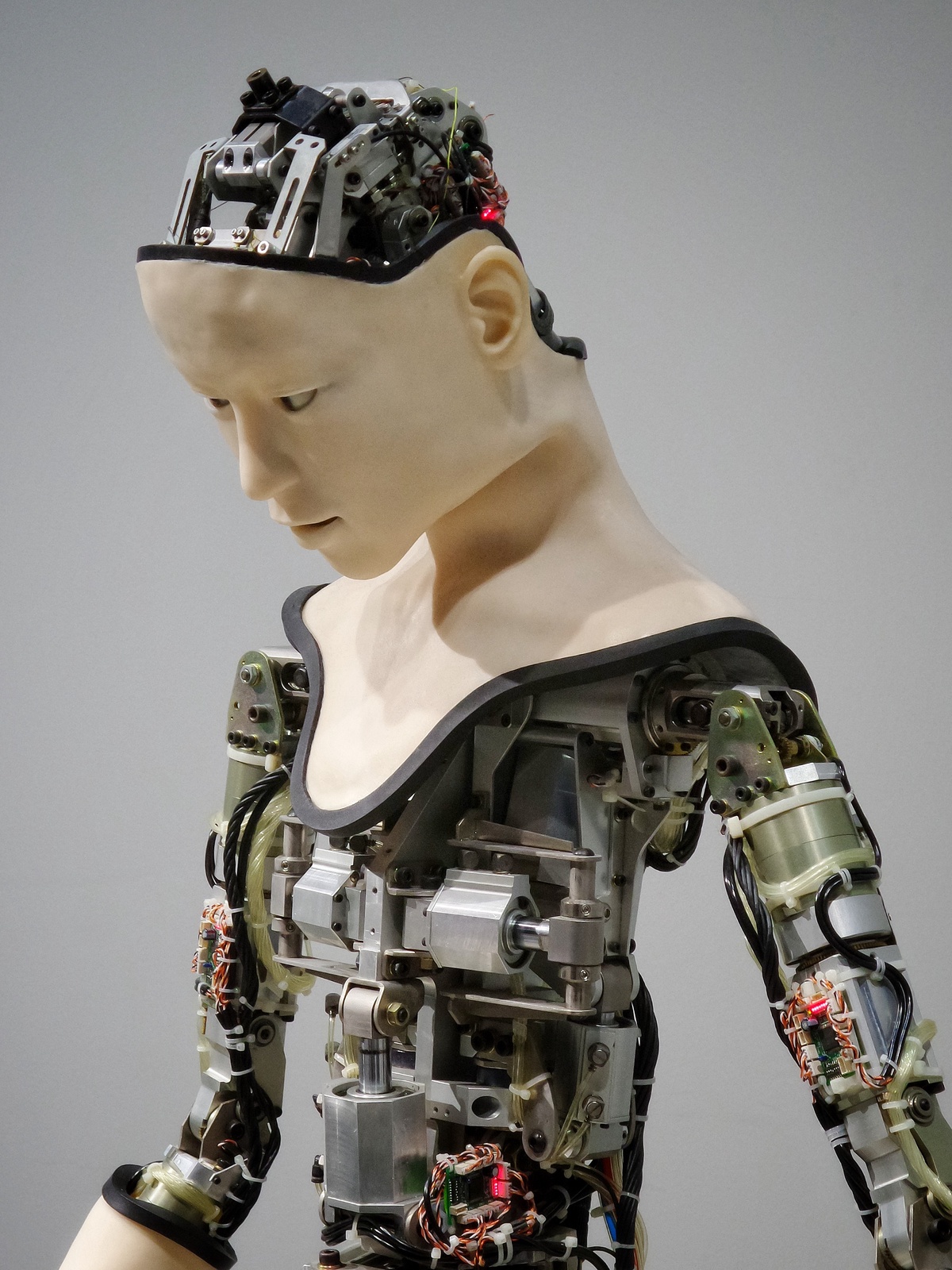With the recent release of Chat GPT 4, the hype of AI continues to grow. Artificial intelligence (AI) has been a buzzword in the tech industry for quite some time now.
It is the development of intelligent computer systems that can perform tasks that typically require human intelligence. AI technology is being integrated into our everyday lives, from virtual assistants on our smartphones to advanced robotics in factories.
The potential for AI to transform the world as we know it is vast, but it also comes with its own set of challenges.
So you have to be aware of the future of artificial intelligence and how it will influence things!
Opportunities of AI
First, we’ll take a look at the positive side of AI. It enables ease of use just like mentioned below:
Increased Efficiency
One significant benefit of AI is increased efficiency.
With the ability to process vast amounts of data at high speeds, AI can help automate processes and reduce human error.
For instance, AI can be used to analyze medical data and identify patterns that can help diagnose diseases more accurately and quickly than human doctors. This has the potential to save countless lives.
Predictive Analytics
AI can analyze patterns in data to predict future trends, helping businesses make informed decisions about marketing, supply chain management, and more.
AI can help increase productivity by taking on repetitive tasks, such as you can try Ocoya to create and publish 10x faster, freeing employees to focus on more strategic and creative work.
Personalization
What about personalized experiences as they are always cherishing?
AI can provide a personalized experience to users. With the help of machine learning algorithms like Runway ML, AI can understand and learn from user behavior, preferences, and choices to offer personalized recommendations, services, and products.
This not only enhances the user experience but also helps businesses to retain customers.
Challenges of AI
Bias
So artificial intelligence will always be artificial, not natural.
Artificial systems are only as good as the data they are trained on, and if that data is biased or incomplete, the AI will be biased as well.
For instance, if an AI system is trained on data containing biases against a particular group of people, such as women or people of color, it will learn and perpetuate those biases. This can have a negative impact on society, perpetuating discrimination and inequality.
Job Losses
Remember that AI can help increase productivity and efficiency, it also has the potential to replace human workers in many industries.
Let’s understand with an example, you can try repurpose.io to recreate and publish content then why do you need to hire someone to do the same?
It could lead to job losses and economic instability, particularly in sectors that are heavily reliant on manual labor. There is a need to ensure that workers are equipped with the skills required to work alongside AI systems and that new job opportunities are created as old ones are lost.
Will AI cut out the need for marketers like Dave Sharpe Legendary Marketer"
No doubt, Artificial intelligence (AI) has been a game-changer for many industries, and marketing is no exception. With the rise of AI-powered marketing tools and platforms, some have wondered if AI will eventually cut out the need for marketers altogether, including industry leaders like Dave Sharpe of Legendary Marketer.
While AI has the potential to automate certain marketing tasks, such as data analysis and ad targeting, it cannot replace the human creativity, intuition, and empathy that marketers bring to the table. In fact, a recent survey found that 69% of marketers believe that AI will never be able to replicate the human element of marketing.
AI-powered marketing is only as effective as the data it is trained on. It still requires human oversight and interpretation to ensure that it aligns with the brand's values and goals. Therefore, while AI can enhance marketing strategies and make them more efficient, it cannot replace the need for skilled marketers.


No comments yet